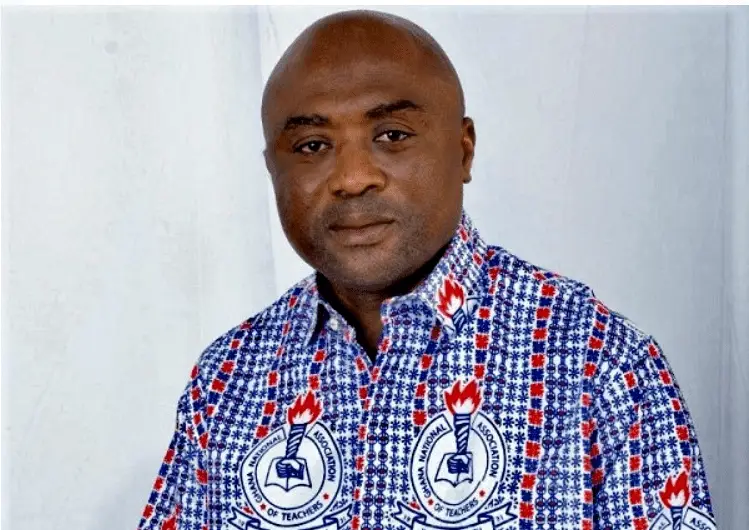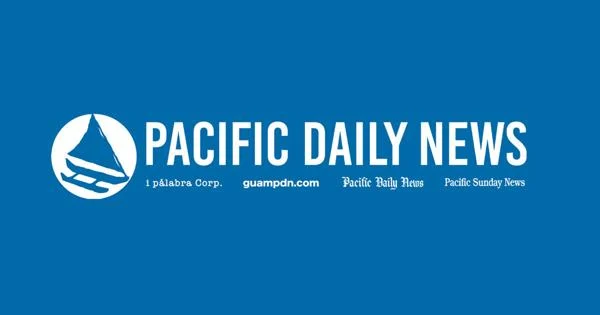Copyright scoop

Treatment of concussion and mild traumatic brain injury will be transformed with new national clinical guidelines and a model of care specific to New Zealand and The new guidelines address all aspects and complications of concussion from injury to recovery and will be implemented on both sides of the Tasman thanks to an initiative called Mind the Gap. "There seems to be new ideas coming out every week on how to manage these injuries, so it's hard for clinicians to keep up and feel confident that they are giving the right advice and treatment," says Professor Alice Theadom, Director of the AUT Brain Health Research Institute, and New Zealand lead on this "A group of international experts have taken several years to review the existing evidence in detail, to provide a comprehensive set of recommendations for clinicians." Professor Theadom says there has been international guidelines previously, but they haven’t been responsive to the needs and health care of the two "These guidelines have adapted recommendations to specifically ensure applicability for use in Australia and New Zealand. "Whilst the recommendations are based on current evidence, we consulted widely with community groups and experts by experience to ensure we were asking the right questions and making recommendations specifically relevant to our communities." University of Queensland researchers led the development of the guidelines along with an education program to help address the ‘knowledge Paediatric neurologist, Professor Karen Barlow of UQ’s Child Health Research Centre, said about 50 per cent of people with these injuries did not receive the care they needed. "General practitioners and healthcare practitioners are crucial in concussion care but often lack confidence in managing recovery," she says. currently a gap in knowledge among clinicians and patients, despite strong evidence-based recommendations for improving concussion outcomes. "About 40 per cent of general practitioners don’t feel confident managing concussion when symptoms persist." Professor Barlow said there was currently inconsistent care in concussion treatment, particularly for children, rural communities and underserved populations. "This new model of care will improve patient outcomes, particularly among vulnerable communities," she says. "Mind the Gap is a holistic model that will improve concussion care, using technology to improve concussion education for the patient and the clinician." Each year, about 240,000 people in Australia and New Zealand require medical attention for concussions, at an estimated annual cost of AU$100 million (NZ$114 million). Concussion occurs in all age groups, with children and young adults having the highest It is most frequently caused by falls and motor vehicle accidents, as well as in contact sports, domestic violence and assaults. Patients and families will help design and test every aspect of the model, which will include a web-based best-practice care guide for clinicians and patients, and a tool to support shared decision-making. © Scoop Media



